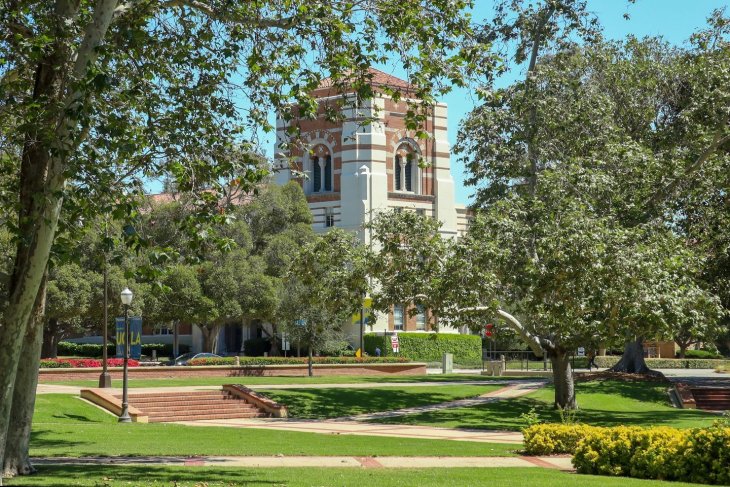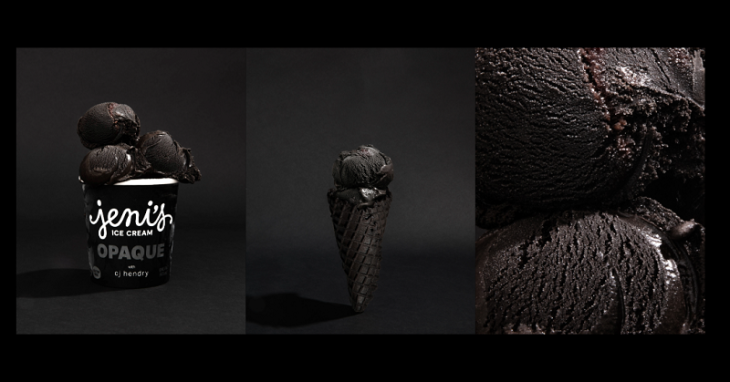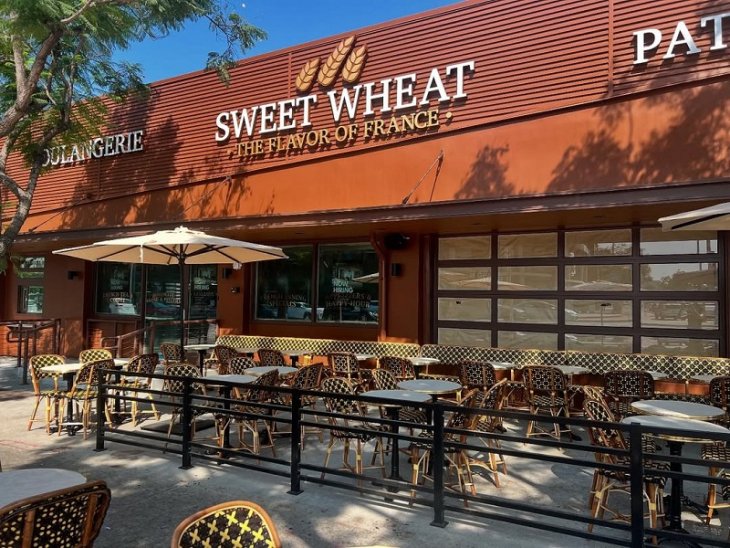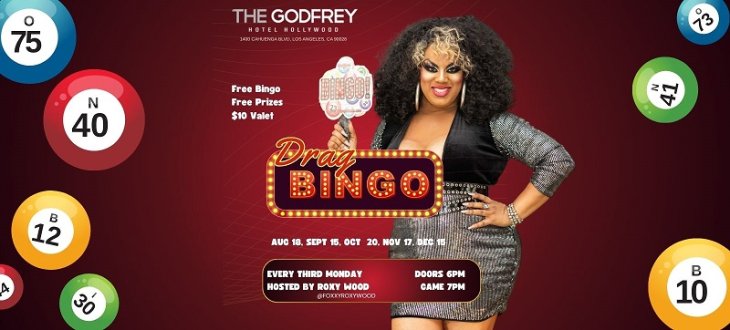
A Los Angeles federal judge signed off today on a settlement of the copyright case involving “Happy Birthday” — billed as the most recognized song in the English language — and ordered that the ditty be placed in the public domain for use at no charge.
Music publisher Warner/Chappell Music agreed to end its claim of ownership and refund $14 million to end the long-running dispute over royalty rights to the tune. The money will be distributed among those who paid licensing fees to use the song during the previous five decades.
“This is a huge victory for the public, and for the artists who want to use ‘Happy Birthday to You’ in their videos and music,” said plaintiffs’ attorney Daniel Schacht.
“Everyone who has a birthday can celebrate,” he said. “Strong copyright protection is important for artists and content creators, but it must have limits. This landmark ruling recognizes the value of the public domain.”
U.S. District Judge George H. King ruled last year that the song — sung at birthday parties for more than 100 years — was not legally owned by Warner/Chappell, paving the way for the settlement.
According to court records, the publisher acquired the company that previously claimed ownership of the number in 1988 for a reported $25 million. Warner/Chappell claimed that the copyright to the lyrics for the song would not expire until 2030.
Among the plaintiffs is Rupa Marya, leader of the band Rupa & the April Fishes, who recorded the tune three years ago at a San Francisco nightclub on the eve of her birthday. She said she was shocked when her attorney broke the news that she would have to shell out $455 to include it on her live album.
The song apparently dates to 1893. A Kentucky schoolteacher and her older sister, Patty Smith Hill and Mildred J. Hill, wrote the song for Patty’s kindergarten students, titling it “Good Morning To All.”
The original lyrics Patty wrote were: “Good morning to you / Good morning to you / Good morning, dear children / Good morning to all.”
The birthday lyrics were added later as an optional verse.
If the case had gone to trial, further questions of ownership based around an appeal from a charity apparently co-founded by Patty Hill would have been considered. Another plaintiff, freelance film and TV producer Jennifer Nelson, filed suit in 2013 after she was billed $1,500 to use the composition in a film she planned to make about the song’s history.
The music publishers reportedly collected as much as $2 million annually for use of the tune.
Warner/Chappell argued that the song was given legal copyright protection in 1935 and the publisher had the right to collect fees.





















